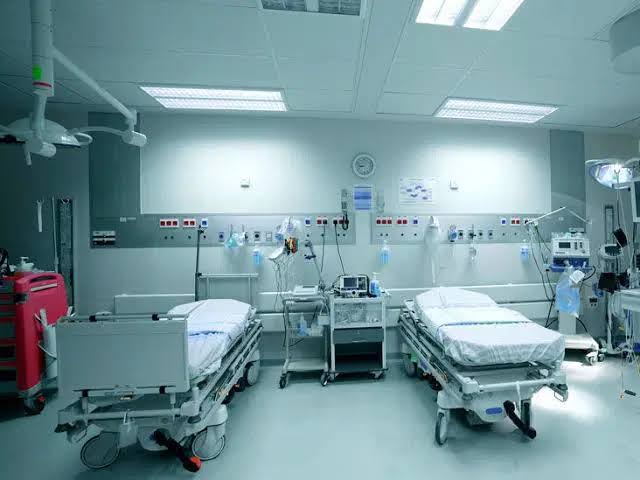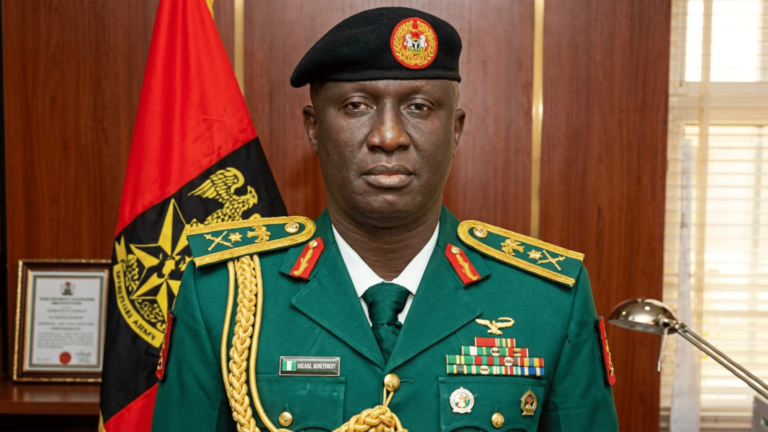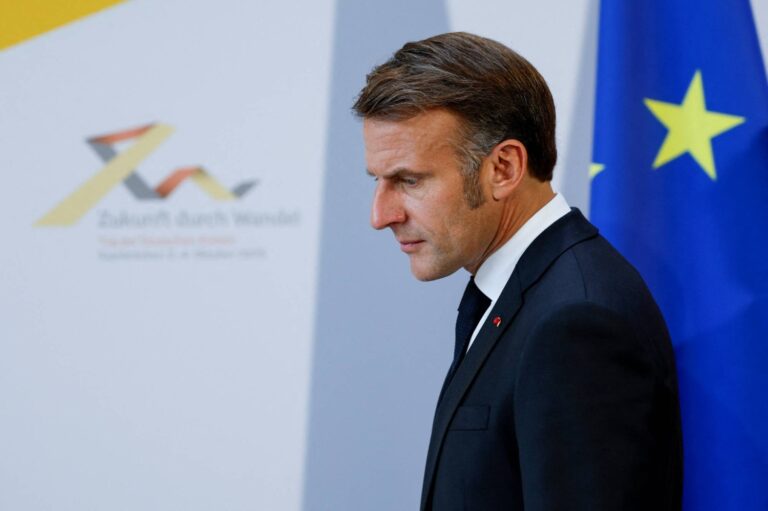
President Bola Tinubu’s administration is launching a range of transformative projects designed to improve Nigeria’s infrastructure, healthcare, and economic conditions. A key emphasis is on enhancing the country’s transportation and energy systems, with 36 road construction projects currently in progress. Among these, the Umuahia-Aba segment of the Enugu-Port Harcourt Expressway is expected to be completed by June, which will enhance connectivity and stimulate economic activities in the area.
In terms of healthcare, the federal government has sanctioned a $1 billion investment aimed at reducing child and maternal mortality rates, with plans to upgrade 774 healthcare facilities across the nation. This initiative highlights the administration’s dedication to improving healthcare infrastructure and services. Additionally, in Bauchi State, 337 women received free Caesarean sections over a four-month span, demonstrating focused efforts to enhance maternal health in at-risk communities.
To improve the efficiency of public services, the Federal Civil Service Commission has extended its recruitment deadline to March 17, creating more opportunities for qualified individuals to enter the civil service. This decision aligns with the administration’s objective of strengthening governance by incorporating skilled professionals.
In the energy sector, the completion of the Zungeru Hydroelectric Power Station, which has a capacity of 700MW, represents a significant achievement in Nigeria’s pursuit of sustainable energy solutions. This project is anticipated to greatly enhance the national power grid and alleviate electricity shortages throughout the country. Additionally, a recent $200 million partnership with WeLight aims to establish renewable mini-grids, providing dependable electricity to millions in rural and peri-urban regions, thereby increasing the proportion of renewable energy in Nigeria’s electricity supply from 22% to 50%.
On the global stage, Nigeria and China have formalized an economic and nuclear energy agreement, strengthening their partnership within the Belt and Road initiative. This pact aims to promote development, stability, and security in West Africa, highlighting Nigeria’s strategic alliances to foster progress among countries in the Global South.
See more:President Tinubu Pledges to Safeguard Rivers Residents’ Interests and Maintain Democratic Values.
The World Bank has recognized the favorable results of Nigeria’s fiscal reforms, reporting a decrease in the fiscal deficit from 6.2% of GDP to 4.4% over the past year. These reforms, which include the elimination of petrol subsidies and currency devaluation, have stimulated economic growth, with forecasts suggesting a 3.3% increase this year and 3.6% in 2025.
Together, these accomplishments under President Tinubu’s administration demonstrate a strong dedication to infrastructure development, healthcare enhancement, economic stability, and international collaboration, setting the stage for a more prosperous Nigeria.



